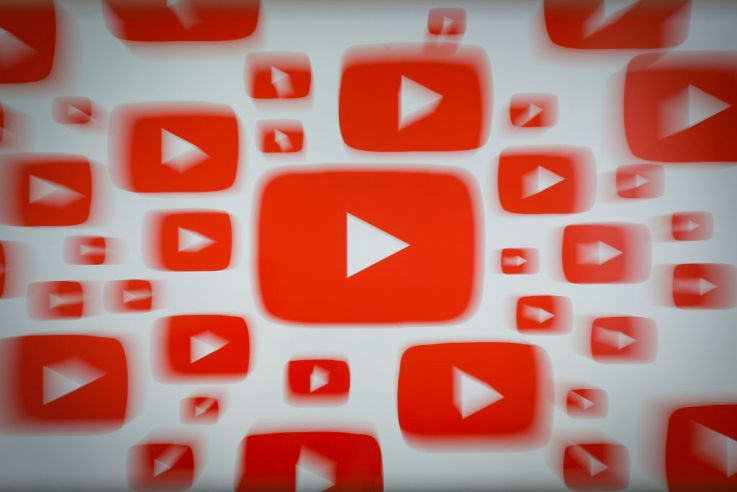YouTube has made a statement that further steps are being taken to reduce the amount of harmful content published on its site.
The video-sharing website made this statement on Wednesday, June 5, that summarized its plans to remove “more hateful and supremacist content” from its platform. It will specifically target hate speech. The statement also said that YouTube’s updated video removal policy will include “prohibiting videos alleging that a group is superior in order to justify discrimination, segregation or exclusion based on qualities like age, gender, race, caste, religion, sexual orientation or veteran status. This would include, for example, videos that promote or glorify Nazi ideology, which is inherently discriminatory.”
Not only that, YouTube is also looking to remove videos that deny the existence of “well-documented violent events, like the Holocaust or the shooting at Sandy Hook Elementary.” The company also stated that it would start dealing with videos claiming the Earth is flat or promising miracle cures for diseases. But instead of removing this type of content, YouTube is updating its system to limit the number of recommendations these videos get, consequently reducing their number of views. The system update was tested in the United States in January and YouTube intends to release it to more countries by the end of this year. YouTube also hopes to increase the recommendations for content created by authoritative sources, like trusted news organizations.

The company is also looking to sharpen the enforcement of its existing policies regarding channels that repeatedly violate the updated hate speech policies, suspending them in case they violate those same policies from the YouTube partner program. This will result in the removal of their ability to run ads on their own content and banning them from using other monetization features.
YouTube’s anti-hate speech policy update will begin being enforced on June 5, but the company warns that it may take some time for its systems to catch up to the new policy changes. Users can expect the enforcement of the new policies to take place as a gradual shift “over the next several months.”





